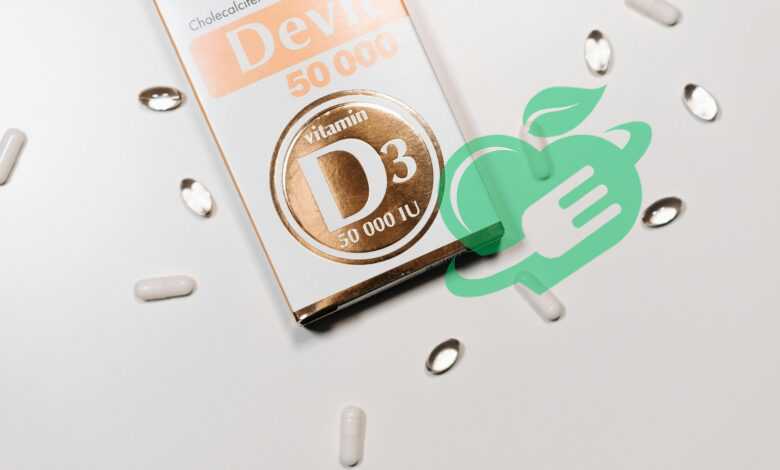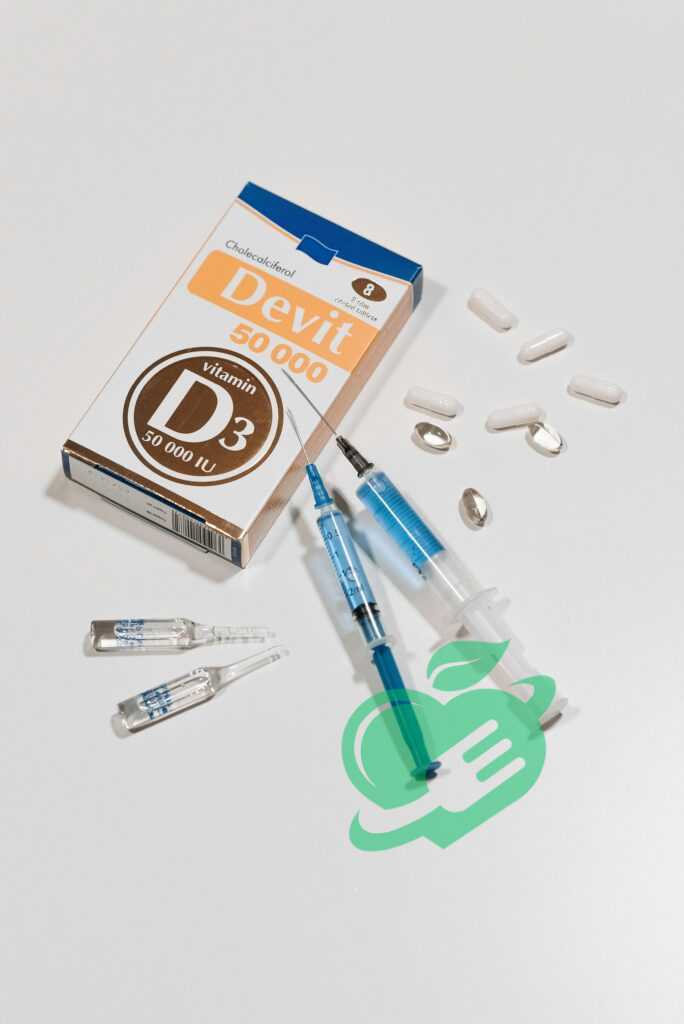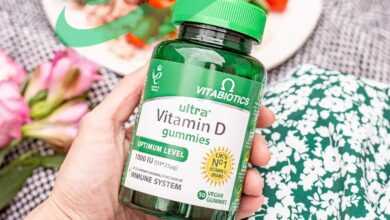Vitamin D help you maintain a more youthful appearance


Vitamin D, often referred to as the “sunshine vitamin,” is crucial for maintaining strong bones, boosting immune health, and potentially reducing the risk of heart disease and cancer. Recent studies suggest an additional possible advantage: it may help slow down the biological aging process.
The research published in The American Journal of Clinical Nutrition indicates that vitamin D appears to safeguard telomeres, which are the protective caps located at the ends of chromosomes. These telomeres naturally shorten as we age, and when they become too short, they may be associated with chronic diseases.
Haidong Zhu, PhD, a molecular geneticist at the Medical College of Georgia, Augusta University and the lead author of the study, stated, “Our results indicate that focused vitamin D supplementation could be an effective approach to combat biological aging, but additional research is needed.”
Read also: Discover the Best Vitamin D Supplement for You
Why your DNA has bumpers.
Telomeres were initially identified in the 1930s, but their significance became widely recognized in 2009 when three scientists received the Nobel Prize for their findings related to cellular aging and cancer. These structures consist of repeating DNA sequences, or base pairs, that protect the ends of chromosomes from deterioration or merging with other chromosomes.
Consider telomeres as the bumpers of a car—they cushion the impacts to ensure that vital components, such as your DNA, remain safeguarded. With each cell division, a portion of the telomere, similar to a bumper, deteriorates until the cells can no longer function correctly or eventually perish. This is why scientists associate telomeres with aging and certain diseases, particularly cancer and heart disease. Additionally, it might explain why women generally live longer than men, as women tend to have longer telomeres by nature.
Read also: Vitamin C Emergen C: What You Need to Know
A study featured in The Lancet revealed that among 154 participants, individuals with shorter telomeres exhibited notably higher rates of mortality. This reduced lifespan was believed to be linked to a threefold increase in death rates from heart disease and a ninefold increase in death rates from infectious diseases.
A different study, featured in Ageing Research Reviews, conducted a substantial meta-analysis involving 121,749 individuals and 21,763 deaths. The findings revealed that individuals with the shortest telomeres had a 26% greater risk of overall mortality compared to those with the longest telomeres. In summary, shorter telomeres are associated with a heightened risk of mortality.
Read also: Boost Your Health: Combatting Vitamin K Deficiency
Do supplements have the potential to slow down the aging of cells?
Previous studies indicated that vitamin D and omega-3 fatty acids might contribute to the maintenance of telomeres, although the findings were not uniform. Zhu and his team sought to explore this topic further by examining data from 1,054 individuals aged 50 and older who were participating in the larger VITAL trial and were assigned to one of four groups.
- Vitamin D3 (2,000 IU per day) combined with a placebo omega-3.
- Omega-3 (1 g/day) + placebo vitamin D
- Both vitamin D3 and omega-3
- Double placebo
Researchers gathered blood samples at the start of the study, as well as in the second and fourth years, to assess the length of telomeres in white blood cells and other biomarkers. Here’s what they discovered:
Participants who took vitamin D3 experienced considerably less telomere shortening over a four-year period than those who received a placebo.
On average, the individuals taking vitamin D maintained around 140 base pairs on their telomeres over four years, equivalent to a delay in biological aging of nearly three years. This reflects almost three additional years of cellular health when compared to the placebo group.
Omega-3s showed no notable impact on the length of telomeres.
“Our research is the first extensive and long-term randomized trial to demonstrate that vitamin D supplements safeguard telomeres and maintain their length,” stated JoAnn Manson, MD, co-author of the study and head of the Preventive Medicine Division at Brigham and Women’s Hospital.
While the findings are significant and the research involved a sizable group with controls, it does not definitively establish that vitamin D was the only factor responsible for maintaining telomere length. The authors emphasize the need for additional research.
It is important to mention that the researchers did not track vitamin D blood levels during the study. Participants were given a consistent daily dose of 2,000 IU, which increased blood levels in the 66% of participants who were tested. However, individual responses may have differed, leaving us uncertain about which participants achieved therapeutic levels of 20–50 ng/ml.
Read also: Discover the Benefits of Vitamin A for Shiny, Healthy Hair
What occurs when Vitamin D levels are not at the appropriate levels?
Regardless of whether it ultimately helps slow aging, there are many reasons to ensure your vitamin D levels are within a healthy range. A lack of vitamin D can result in:
Osteoporosis: Your body requires vitamin D to effectively take in calcium. In the absence of vitamin D, calcium is extracted from your bones, which can weaken them and lead to osteoporosis. Additionally, vitamin D plays a crucial role in preventing rickets in children, a condition that causes bones to soften and can result in deformities.
Read also: Omega-3, Omega-6, Omega-9: Decoding the ABCs of Essential Fatty Acids
Cancers: Studies indicate that sufficient vitamin D may reduce the risk of certain cancers, especially colon, breast, prostate, skin, and pancreatic cancers. A meta-analysis involving 12 cohort studies revealed that individuals with the lowest levels of vitamin D faced a 14% increased risk of cancer-related mortality.




I appreciate you sharing this blog post. Thanks Again. Cool.